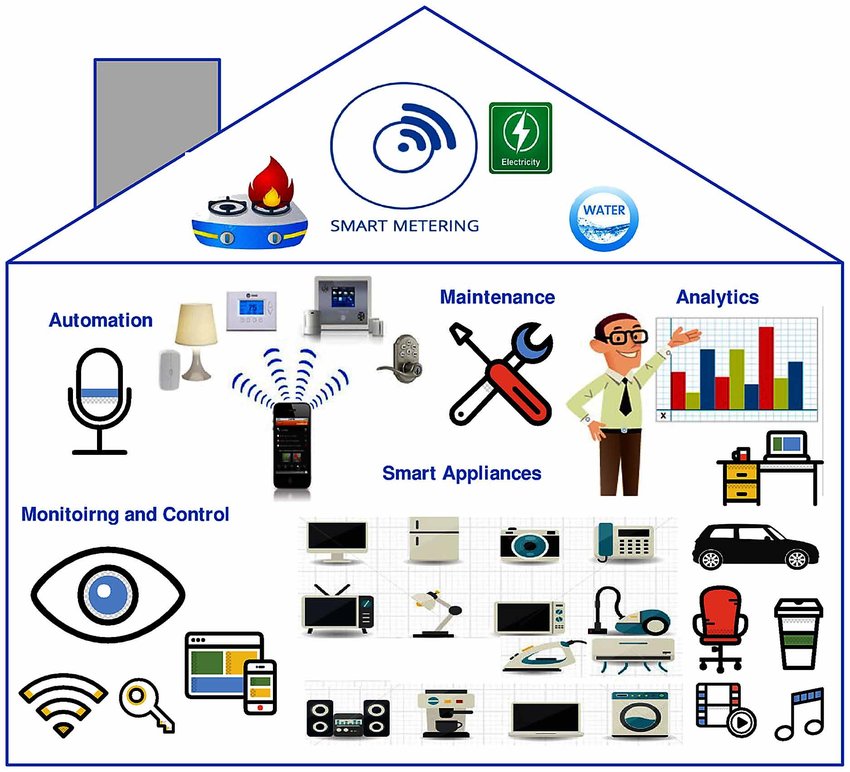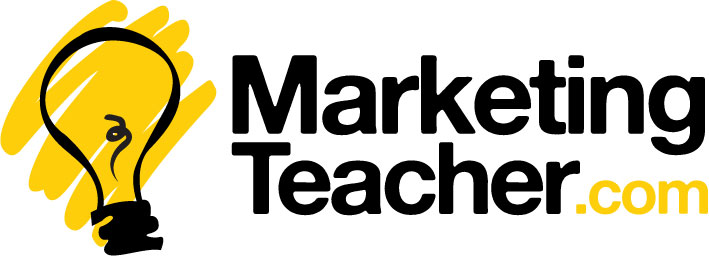The Internet of Things (IoT) is a network of physical devices that are connected to the internet, allowing them to collect and exchange data. IoT has the potential to transform the way that businesses operate, including the field of marketing. In this article, we will explore how IoT is being used in marketing and the benefits it offers.
IoT allows marketers to gather data about consumer behavior in real-time. This data can be used to analyze the effectiveness of marketing campaigns and identify trends that can be used to optimize future campaigns. IoT can also be used to gather data about how customers use products and services, providing insights that can be used to improve product design and customer experience.
IoT devices can be used to improve the customer experience by providing personalized recommendations and offers based on individual preferences and behavior. For example, a smart fridge can monitor food consumption and make recommendations for recipes or products based on what is available in the fridge. Similarly, smart clothing can monitor fitness activity and make recommendations for products based on workout patterns.
IoT can also be used to optimize supply chain management, improving the efficiency of delivery and inventory management. This can lead to cost savings and faster delivery times for customers. IoT devices can also be used to monitor product quality and identify potential issues before they become major problems.

However, there are also potential challenges associated with using IoT in marketing. One of the biggest concerns is around data privacy and security. IoT devices collect and transmit large amounts of data, including personal information. This data must be protected to ensure that it is not compromised or misused.
Another challenge is the complexity of implementing IoT systems. IoT devices can be difficult to configure and integrate with existing systems. In addition, IoT systems require ongoing maintenance and updates to ensure that they continue to function properly.
To overcome these challenges, it is important for organizations to develop a clear strategy for implementing IoT in marketing. This includes identifying the right devices and platforms, defining the goals and objectives of the implementation, and ensuring that the implementation is scalable and secure.
In conclusion, IoT is a powerful tool that can be used to transform the field of marketing. By gathering real-time data about consumer behavior and improving the customer experience, IoT can help businesses to optimize their marketing efforts and improve their bottom line. However, to fully realize the potential of IoT in marketing, it is important for organizations to overcome the challenges and develop a clear strategy for implementation.
References:
- Gubbi, J., Buyya, R., Marusic, S., & Palaniswami, M. (2013). Internet of Things (IoT): A vision, architectural elements, and future directions. Future Generation Computer Systems, 29(7), 1645-1660.
- Kim, K., & Johnson, K. (2017). The internet of things (IoT) and its impact on supply chain management. International Journal of Information Management, 37(1), 103-115.
- Koehler, K., & Santoso, T. (2016). A strategic framework for the internet of things. Business Horizons, 59(6), 597-605.
- Mineraud, J., Lee, J., Lee, K., & Lim, Y. (2018). The impact of the Internet of Things on marketing: An exploratory study. Journal of Business Research, 85, 367-376.
- Perera, C., Zaslavsky, A., Christen, P., & Georgakopoulos, D. (2014). Sensing as a service model for smart cities supported by internet of things. Transactions on Emerging Telecommunications Technologies, 25(1), 81-93.
